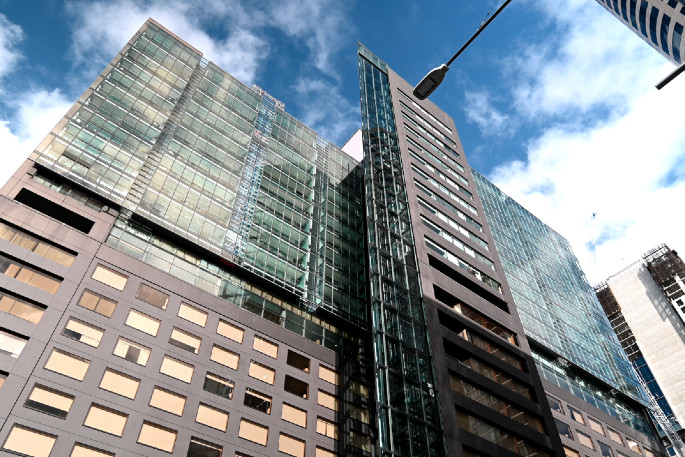As international arrivals to New Zealand continue their upward direction, hotel Revenue Per Available Room (RevPAR) is gradually returning to its pre-pandemic levels. However, this recovery is encouraged predominantly by domestic travellers and our trans-Tasman neighbours, Australians, making the landscape ahead uncertain for the tourism industry.
As winter sets in, traditionally bringing a slowing demand due to seasonality and increased pressure on household budgets, hotel operators in both Auckland and Wellington have reduced their expectations regarding the expected tourism benefit of the FIFA Women’s World Cup. Initially anticipated to significantly increase hotel occupancy rates, the evolving circumstances are making the outlook uncertain
The short lead times associated with the tournament’s commencement, coupled with lower airfares, have presented a double-edged sword for New Zealand’s hospitality industry. On one hand, they make the nation an attractive destination for international visitors. On the other hand, the level of uncertainty continues to loom. The low airfares, while an incentive for tourists, point towards an underlying struggle in the aviation industry, reflective of the larger effect in the global travel ecosystem. Also, with the short lead times, the immediate boost in tourism influx may not be as definite as earlier anticipated.
Of these challenges, the burden of performance has significantly shifted onto hotel managers. With rising operational costs, they are required to think out of the box to not just attract more guests but also to enhance revenues. In these testing times, creativity and flexibility are key.
Some hotels have already started gearing their strategies to adapt to the changing landscape. The industry-wide push towards providing unique, authentic experiences has been amplified with hoteliers curating specialised packages targeting different segments of travellers – from adventure seekers enticed by New Zealand’s landscapes to cultural tourists interested in deep-diving into the country’s rich Maori heritage.
Also, a focus on improving operational productivity is at the forefront for many operators. Energy-saving initiatives, digitization of services, and lean management practices are some of the ways hotels are trying to cut costs and improve their bottom lines.
As we move forward, the resilience of New Zealand’s hotel industry will be tested. The coming months, punctuated by the FIFA Women’s World Cup, will be a crucial period to observe the industry’s ability to navigate the unique challenges that lay ahead. However, with a combination of creativity, flexibility, and a focus on maximising revenues, there is optimism that the industry can bounce back stronger and more sustainable than before.



